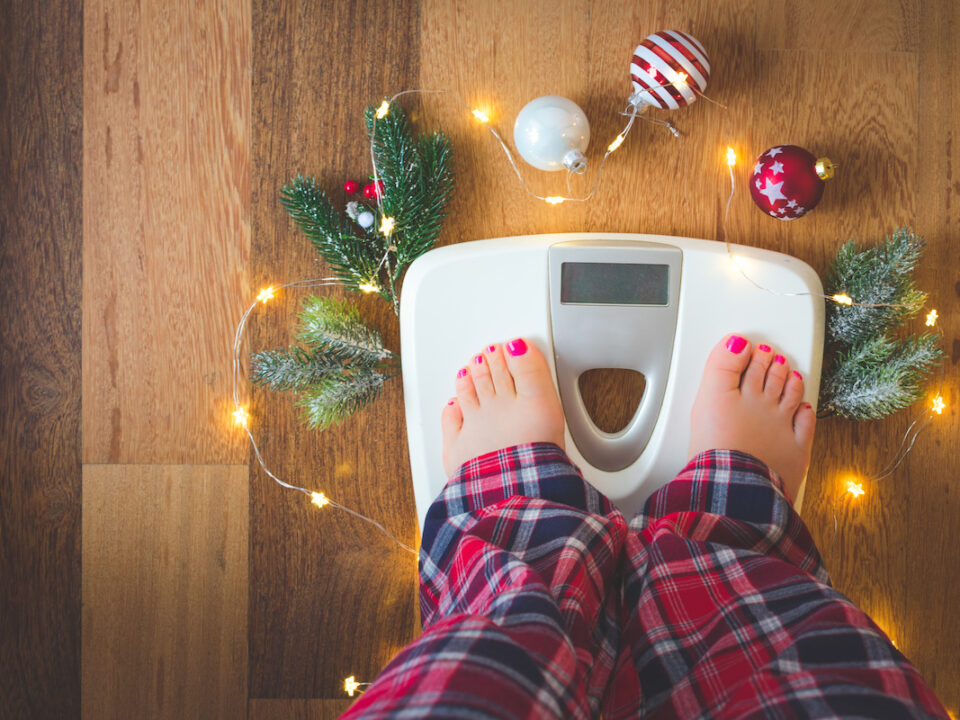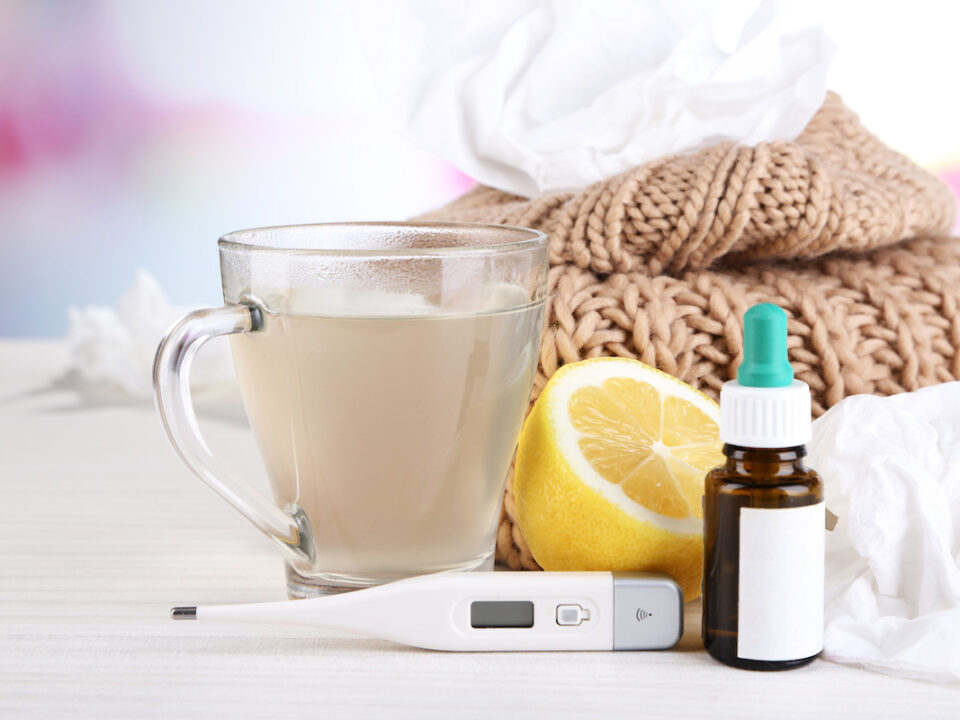Is Coffee Bad for You?

Anyone who’s a self-proclaimed coffee lover knows that this drink is more than just a tasty beverage. It’s a morning ritual, a mid-day pick-me-up, and an evening comfort. But is coffee bad for you?
From its ability to keep us alert and focused, to the way its scent makes us feel at home, we know that coffee has many benefits. However, there is much debate whether or not our favorite cup of joe is good for us in the long run.
Many people are wondering if America’s favorite beverage is actually bad for you. If you’re one of them, read on to learn more about the potential pros and cons of drinking coffee every day.
Is Coffee Bad for You?
The short answer is no. But, the long answer is closer to, “it all depends on your personal situation.”
Research indicates that drinking a moderate amount of coffee (around 400mg) is not bad for you and can actually be quite good for you! The many benefits of coffee make it a beverage worth keeping in your diet. Coffee can help to reduce the risk of many different diseases, such as type 2 diabetes, heart disease, and even certain types of cancers.
Coffee can also boost your metabolism, improve your memory and attention span, and provide you with an overall sense of well-being.
What are the Benefits of Coffee?
Coffee indeed has many benefits. If you enjoy your morning cup of coffee, you can experience perks such as:
- Boosted Metabolism: Coffee naturally contains a compound called caffeine, which is known for its metabolism-boosting abilities. When consumed, caffeine has the power toincrease your metabolism by up to 29%. When your metabolism is running at full speed, you are naturally more likely to burn more calories. Coffee can not only help you stay full longer, but it can also help you to burn more calories in the process.
- Lower Risk of Type 2 Diabetes: As if the metabolism boost and calorie-burning effects weren’t enough, coffee has been shown to be beneficial in preventing type 2 diabetes as well.
- Reduced Risk of Heart Disease: Boosting your metabolism and preventing type 2 diabetes are just two ways in which coffee can protect your heart health. The antioxidants present in coffee can help to lower your risk of heart disease by preventing plaque buildup in your arteries. This can lower your chance of having a heart attack by 50%!
- Protection Against Certain Cancers: Coffee has also been identified as a potential cancer preventative. Studies have shown that people who consume more than 2 cups of coffee per day are less likely to develop certain types of cancers.
What are the Drawbacks of Coffee?
Wow, sounds like there are plenty of benefits to drinking coffee! Unfortunately, there are also a few drawbacks to drinking this delicious and decadent beverage. Let’s talk about the negative side of coffee. Here are some of the reasons why you don’t want to go overboard when you drink coffee:
- It Can Cause Sleep Issues: Coffee contains caffeine, which is a stimulant. That same compound that speeds up your metabolism can also make it hard for you to sleep at night. When consumed in the late afternoon or early evening, caffeine can keep you awake when you should be winding down and preparing for bed. Coffee can also impact your quality of sleep, as it can interrupt your sleep cycles.
- It’s Bad For Your Teeth: Yes, coffee can even do damage to your teeth. The high levels of acidity in coffee can cause permanent damage to your tooth enamel, leading to the potential for tooth decay. Coffee is also known to stain teeth, even when it is consumed with a straw.
- It Can Raise Your Blood Pressure: While coffee can be beneficial for your heart health, it is important to note that it can also have the opposite effect on your blood pressure. If you suffer from high blood pressure, coffee can be harmful, causing your blood pressure to increase even further, increasing your risk of having a heart attack, especially if you are already at risk for heart disease.

Who Should Not Drink Coffee?
Despite the pros and cons, coffee can be safely enjoyed in moderation by most people. However, if you have any of the following conditions or health concerns, your doctor may advise you to avoid drinking coffee.
- Heart Disease: As mentioned above, coffee can be good for your heart health, but if you already suffer from heart disease, you should drink less coffee.
- High Blood Pressure: Similarly, if you have high blood pressure, you should also be careful with how much coffee you consume. Coffee can exacerbate blood pressure issues, making them harder to manage. –
- Pregnant or Breastfeeding: If you are pregnant, it is important to avoid coffee entirely, as it can negatively impact the health of your baby.
How much Coffee is Safe to Drink?
We all know someone that seems to always have a cup of coffee in their hand. We’ve discussed that coffee is safe for most people, but can there be too much of a good thing? Before you reach for that next cup of Joe, how much coffee is safe to drink? Consider the following:
- Kids: Kids under the age of 18 should not drink coffee, as it can have negative effects on their growing bodies.
- Adults: While the recommended daily intake of caffeine is400 mg per day, you may want to decrease this amount if you suffer from any of the conditions that we highlighted above.
- Women: Women who are pregnant or trying to get pregnant should not consume more than200 mg of caffeine per day.
- Men: Men should consume no more than 400 mg of caffeine per day.
- Pregnant or Breastfeeding Women: Pregnant or breastfeeding women should avoid caffeine entirely, as it can negatively impact their babies.
- The Elderly: The elderly should also be careful when consuming coffee due to the potential effects on blood pressure.
- People with Diabetes: People with diabetes should be careful with their caffeine intake, as it can increase sugar levels in the blood.
- People with Heart Disease: Those with heart disease should also be careful with their caffeine intake as it can affect their blood pressure.
- Other people who should be careful with their caffeine intake include those who are taking prescription medications or are prone to heartburn.
If you have any of the conditions that we described above, the best thing to do is to consult with your doctor to see how much caffeine is right for you.
What are the Signs that You are Drinking too Much Coffee?
While coffee can have several wonderful health benefits, too much of a good thing can still be dangerous. Watch for the following signs that could indicate you are drinking too much coffee:
- Headaches
- Rapid breathing
- Increased anxiety
- Decreased sleep
- Increased urge to urinate
- High blood pressure
How to Give Yourself an Energy Boost Without Coffee
We all eventually feel an energy crash at some point during the day. The good news is that there are other ways to give yourself an energy boost without caffeine. Try the following tips:
- Eat Healthy Foods: A healthy diet provides your body with natural energy. Oatmeal, yogurt, nuts, and whole grains are just some examples of food that can boost your energy naturally without the added caffeine.
- Get Enough Sleep: Sleep is crucial for your overall health and well-being, so don’t skimp on it! Nothing gives your body better energy than a good night’s sleep.
- Exercise: Exercising can be a great way to increase endorphins and naturally boost your energy.
- Hydrate: Make sure that you are drinking enough water, as this can help to keep your energy levels up.
- Try these Natural Boosters: Chamomile tea, mint leaves, ginger, lemon, and coconut water are all great ways to get a boost of energy naturally.
Is Coffee Bad for You? Final Words
As we’ve seen, coffee affects everyone differently. While it’s perfectly safe and healthy in moderation for most people, others are better off avoiding it entirely. Hopefully, now you know whether or not your daily coffee intake is safe for your situation.
Whether you are a coffee newbie or a veteran coffee drinker, this article has given you some useful information about coffee, its benefits and drawbacks, and how you can best enjoy it without hurting your health.



